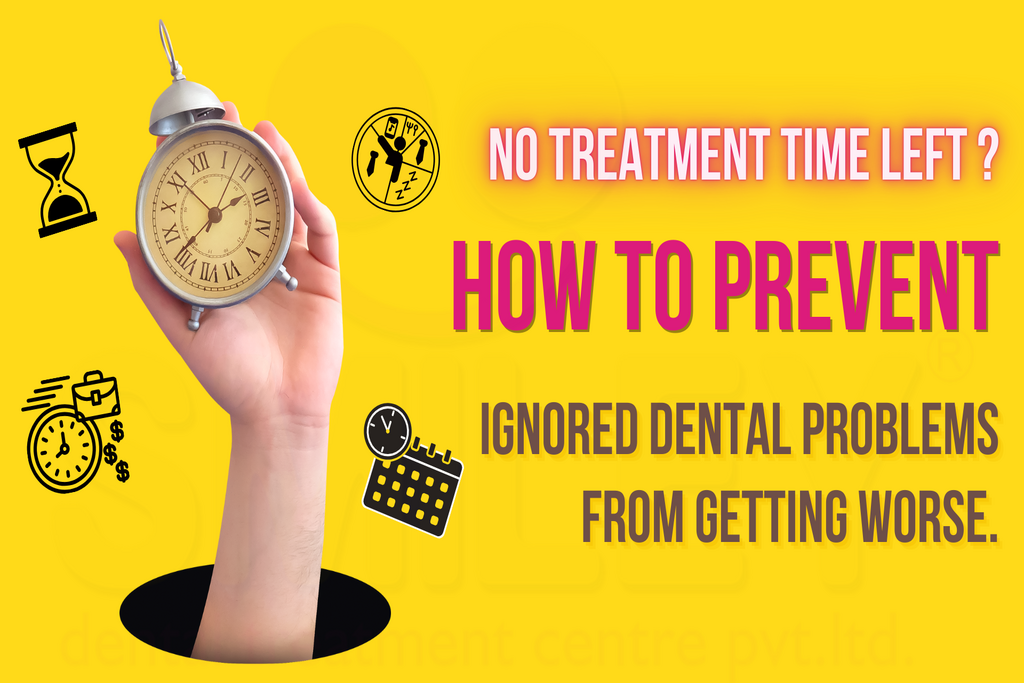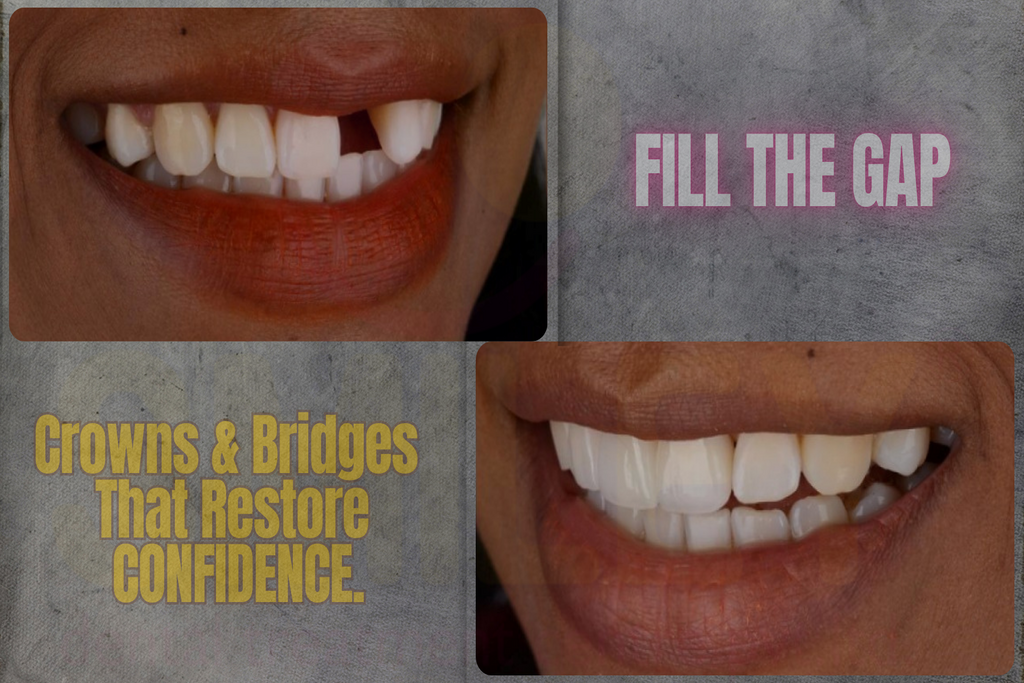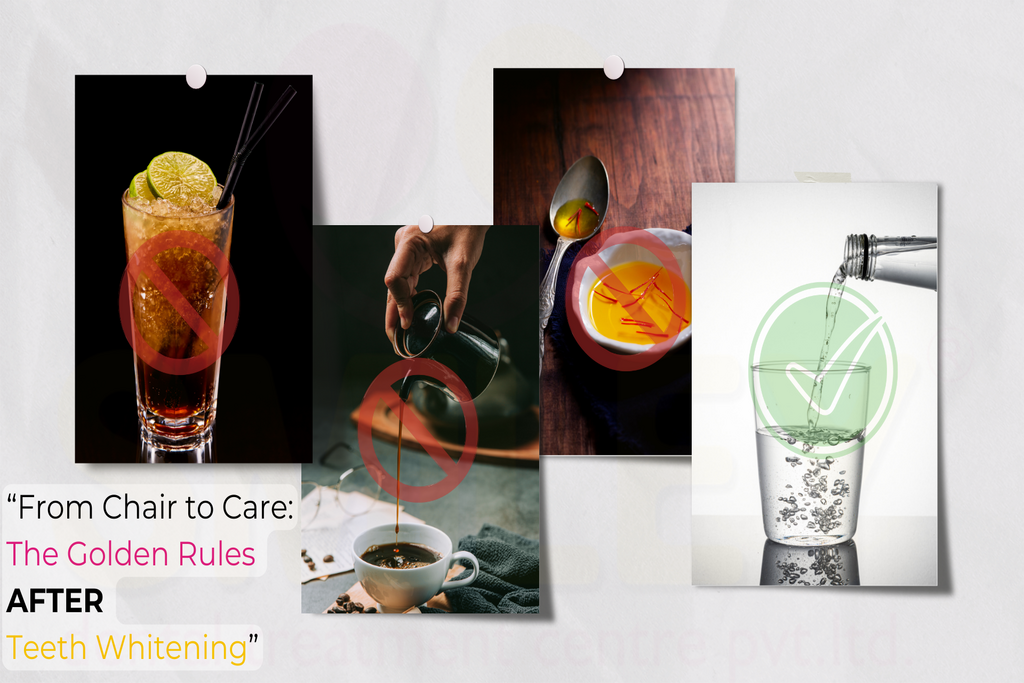Teeth Feel Sensitive After Scaling? That’s Actually a Good Sign
So, you just got your teeth cleaned, and now they feel… sensitive? Is it a mistake? Should you have avoided it?
Actually, this sensitivity is a sign that your gums and teeth are responding to a cleaner, healthier environment. At Smiley Dental Treatment Centre Pvt Ltd and any expert-led dental clinic, we educate patients that post-scaling sensitivity is not a warning—it’s a window into healing.
What’s Really Happening After Scaling?
When plaque and tartar accumulate around your teeth, they act like a thick, harmful cushion. They cover the roots of your teeth and push your gums away (called gum recession), which exposes the roots even more. Once your dentist removes that tartar through scaling, your roots are finally exposed to your regular oral environment—cold water, hot chai, air—and yes, they feel sensitive.
But here’s the twist: that sensitivity is temporary and is part of your body’s natural healing.
Why Sensitivity Feels Scary (But Isn’t)
We’re wired to associate sensitivity with damage. However, in this context:
- It shows your roots are free of tartar.
- Your gums are reconnecting to clean surfaces.
- The nerves are no longer masked by inflammation.
Sadly, patients in India often panic after scaling, influenced by what they read on social media or hear in their local community. They stop brushing near sensitive areas or worse, avoid future dental visits altogether.
This fear is not just unhelpful—it’s dangerous. It leads to more buildup, gum infection, and bone loss.
Scientific Proof: Sensitivity = Active Healing
According to clinical studies, dentin hypersensitivity post-scaling is transient and resolves within 1–2 weeks in most cases. It’s a biological response to the sudden exposure of once-covered tooth surfaces, and not an indicator of harm.
Scaling is shown to significantly reduce gingival inflammation, pocket depth, and bleeding scores in as little as 3–6 weeks, even if temporary sensitivity occurs in the first few days.
Cultural Mindset Shift Needed
Unlike skin or hair treatments, Indians often neglect preventive dental care until pain hits. Sensitivity—ironically a signal of healing—is misunderstood as a problem.
For the health-conscious Indian who invests in organic food, regular yoga, or premium skincare, skipping dental visits or fearing mild sensitivity is a contradiction.
How to Handle Post-Scaling Sensitivity
- Use desensitizing toothpaste for 2–3 weeks, if prescribed by your dentist.
- Avoid overly hot/cold foods for a few days.
- Avoid sweet, sour & cold food for few days after scaling.
- Do not stop brushing or switch to softer brushes unnecessarily.
- Stay hydrated and maintain good oral hygiene.
The Real Win?
This sensitivity means your teeth are now truly clean—free from harmful deposits that were silently causing gum destruction. That’s a win worth a little temporary discomfort.
So if your teeth feel a bit sensitive after your recent visit to a dental clinic, give yourself a pat on the back: You’ve just taken a major step toward preventive health, lifestyle wellness, and long-term dental stability.
Edited by Dr Sourav Ghosh (MDS); Gold Medalist
Clinical Head & Principal Dentist at Smiley Dental Treatment Centre Pvt Ltd
Dr. Sourav Ghosh is a seasoned Conservative Dentist, Endodontist, and Cosmetic Dentist with 21+ years of clinical excellence. As the Clinical Head of a specialist-led dental team, he champions evidence-based, ethical, and precision-driven dentistry—bringing premium, personalized care to every patient.
References:-
- Brännström M, Astrom A. The hydrodynamics of the dental tubule and pulp fluid: its relation to sensitivity. J Dent Res. 1972;51(3):507–512.
- Taani DQ, et al. Post-scaling dentin hypersensitivity and its management. Oral Health Prev Dent. 2003;1(4):255–261.
- Heitz-Mayfield LJ, et al. Non-surgical periodontal therapy: a review of clinical outcomes. Aust Dent J. 2008;53(1 Suppl):S43–S48.
- Addy M. Dentine hypersensitivity: new perspectives on an old problem. Int Dent J. 2002;52(S5P1):367–375.

















